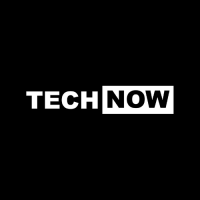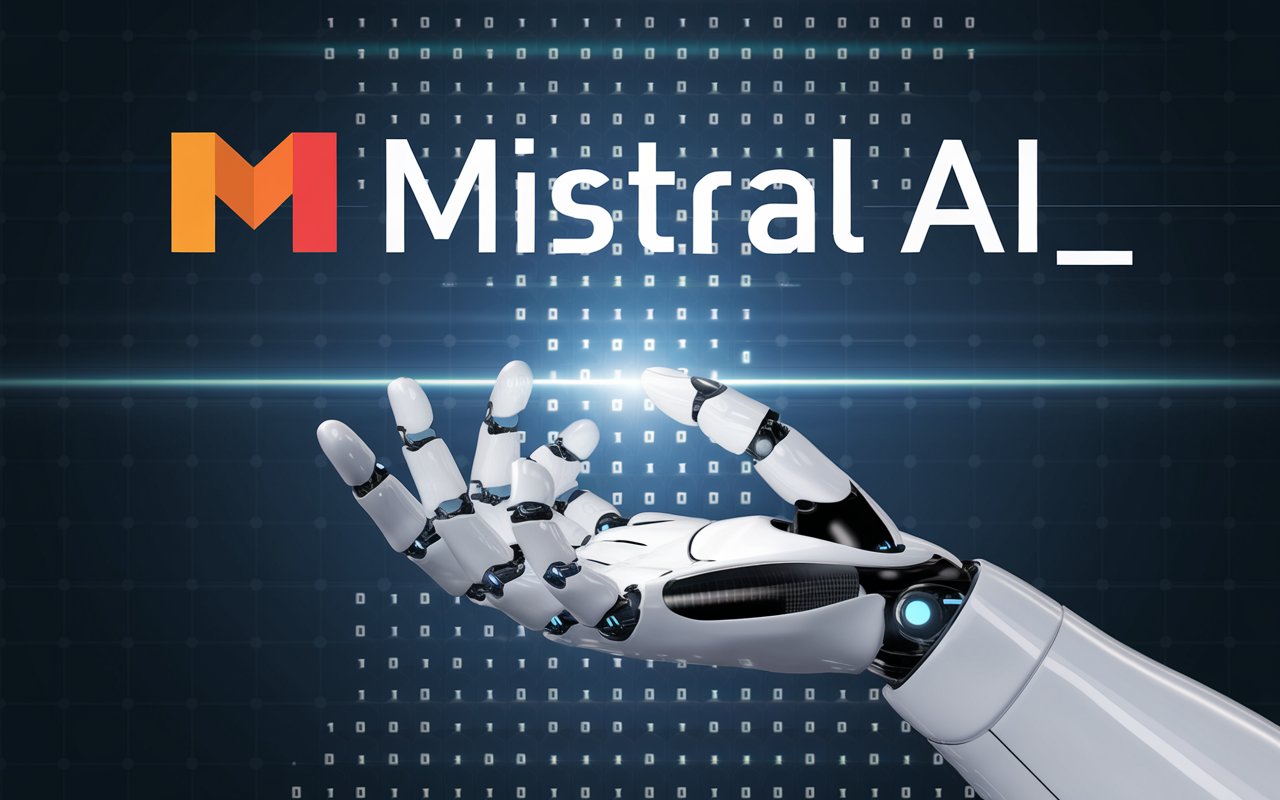Front-End vs Back-End vs Full-Stack Development: Key Differences Explained

Strong 8k brings an ultra-HD IPTV experience to your living room and your pocket.
Introduction: The Backbone of Germany’s Booming Tech Ecosystem
Germany has staked its ground in Europe as one of the country's most vibrant arenas for software development. From global conglomerates to health-conscious startups shadowing new operational philosophies, the country is witnessing an accelerating phase of digitization. The world is at an all-time high demand for proficient programmers in Front-End, Back-End, or Full-Stack, those who can work effectively under digitization.
Whether you aspire to be a developer or you're an enterprise working on solventing technical staff requisites, it becomes paramount to understand how they differ and coexist. This guide will elucidate the key differences between the three, hiring trends, skills in demand, and the various tech hotspots in Germany.
Front-End Development: Crafting User Interfaces
An Interface Developer develops the interfaces and the graphic representation through which users interact with a system, be it hardware or software, or, in the case of front-end developers, websites and applications. In the tech scene of Germany, the purpose is to develop intuitive and accessible interfaces by maintaining the German tradition of quality and precision.
Core responsibilities:
- Translating UI/UX design into adaptive interfaces
- Application optimization for speed and performance
- Cross-browser and cross-platform support
Popular Tools and Technologies in Germany:
- Languages: HTML, CSS, JavaScript
- Frameworks: React (very popular in Berlin), Vue.js, Angula
- Tools: Figma, Webpack, TypeScript
Trends in Germany:
- Strong demand in e-commerce, fintech, and SaaS startups
- Accessibility (Barrierefreiheit) is important in accordance with European accessibility standards
- Integration of AI-enhanced UI through design systems
- Front-End developers are much in demand in Berlin, Hamburg, and Cologne, where consumer-facing digital products thrive.
Back-End Development: The Engine Behind the Interface
Back-end developers build and sustain the logic, database, and server-side functionalities that animate those interfaces, while front-end developers create the software's "face."
Key responsibilities include:
- Development of APIs and the business logic
- Management of databases and server infrastructure
- Ensuring data integrity and security
Popular Tools and Technologies in Germany:
- Languages: Python, Java, C#, PHP, Node.js
- Databases: MySQL, PostgreSQL, MongoDB
- Frameworks: Spring Boot, Django, Express.js
- Cloud & DevOps Tools: Docker, Kubernetes, AWS, Azure
Trends in Germany:
- Higher demand for Python and Java developers in the automotive, healthcare, and finance domains
- Rise of cloud-native development and microservices architecture
- GDPR compliant data handling
Munich, known for its concentration of large enterprises (e.g., Siemens, BMW), is a hotspot for robust back-end development, particularly in regulated industries.
Full-Stack Development: Bridging the Gap
Having the versatility to handle the front-end side as well as the back-end development, Full-Stack developers are very much in demand in Germany, where the startup world prefers very lean and multi-skilled teams.
Key Responsibilities:
- End-to-end application development
- Interface between UI and server-side logic
- Prototype speedily and build MVPs
- Popular Tech Stacks in Germany:
- MERN stack: MongoDB, Express JS, React, Node JS
- MEAN stack: MongoDB, Express JS, Angular, Node JS
- LAMP stack: Linux, Apache, MySQL, PHP
Trends in Germany:
- Mostly by early-stage startups and freelance/contracting works
- A favorite for Berlin's indeed blossoming tech scene for quick prototyping
- A little more involved in DevOps and Cloud integration
In many ways, the full-stack developers can be considered very valuable as they are capable of handling so many layers of development, and this applies even more-so in smaller Agile teams.
Software Development in Germany (2025 Update)
Germany’s software industry is evolving at breakneck speed. The demand for developers is fueled by the imperative of the German government for digital sovereignty, increasing integration of AI, and the strengthening of the Mittelstand tech capacities.
Insights on 2025:
Salary Range per Period:
- Front-End: €55,000 – €70,000/year
- Back-End: €60,000 – €80,000/year
- Full-Stack: €65,000 – €85,000/year
- Hiring Hotspots: Berlin, Munich, Hamburg, Frankfurt, Stuttgart
Top Industries: Automotive, Fintech, HealthTech, SaaS, GreenTech
Popular Technologies:
- React and Vue.js (Front-End)
- Python, Node.js, Java (Back-End)
- Docker, Kubernetes, GraphQL, REST APIs (Full-Stack & DevOps)
- AI Integration with NLP, Computer Vision, and Analytics Tools
While remote options may gain prominence in years to come, cities like Berlin and Munich today provide the best onsite innovation hubs and startup accelerators.
Why Companies Like Technow Value Versatile Developers
Technow, a leading AI and software development in Germany, serves as an example of how businesses are adapting to a new development landscape, hiring across the development spectrum for tailored solutions with an industry-specific emphasis on:
- Cross-functional Full-Stack developers able to quickly prototype AI-enabled solutions
- UI/UX Front-End specialists ensuring clean, intuitive, and accessible user-interface
- Back-End engineers who understand compliance, security, and scalable infrastructure inside out
By training diverse teams of intersectional skills, Technow ensures that its clients-from genius fintech startups to manufacturing giants-go forward with agile and future-proof digital solutions.
Conclusion: Choosing the Right Development Path in Germany
If you are ever in transition along a tech career path or placing talent for your company, there must be an understanding of the contrasts existing between Front-End, Back-End, and Full-Stack Development. The requirements of groundbreaking startups and appointed enterprises in the tech ecosystem of Germany supply ample opportunities for all three ranks.
For developers who wish to flourish among progressive thoughts, Germany, with companies such as Technow, hence provides fertile soil. On the contrary, if you are buying digital invoices, then it is appropriate to realize that hiring the right talent can only speed up the innovation and expansion process.
One thing is most certain within the frame of software development that is constantly evolving in Germany: It is the working-in-tandem of Front-End, Back-End, and Full-Stack development that is shaping the digital future.
Note: IndiBlogHub features both user-submitted and editorial content. We do not verify third-party contributions. Read our Disclaimer and Privacy Policyfor details.







